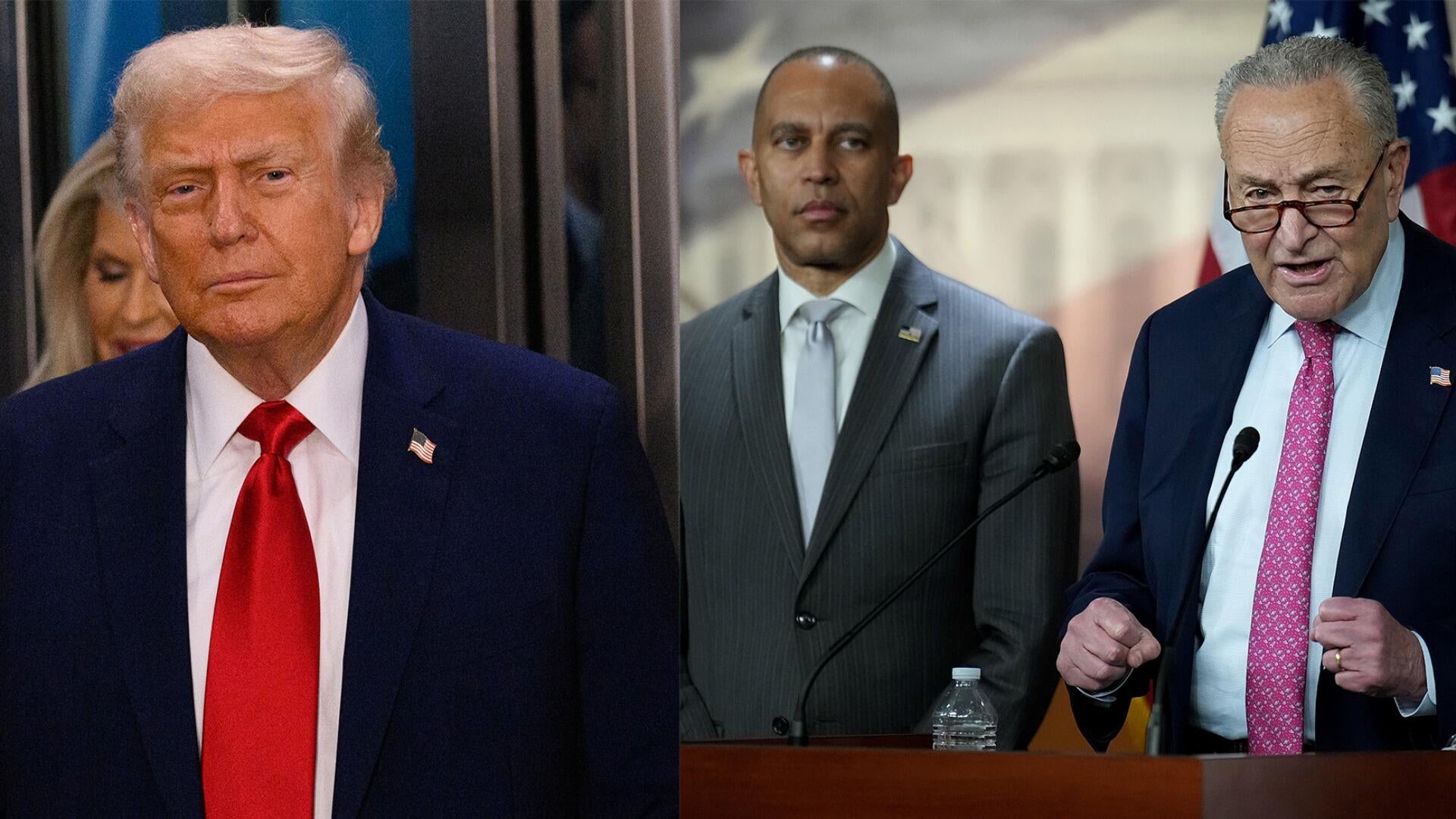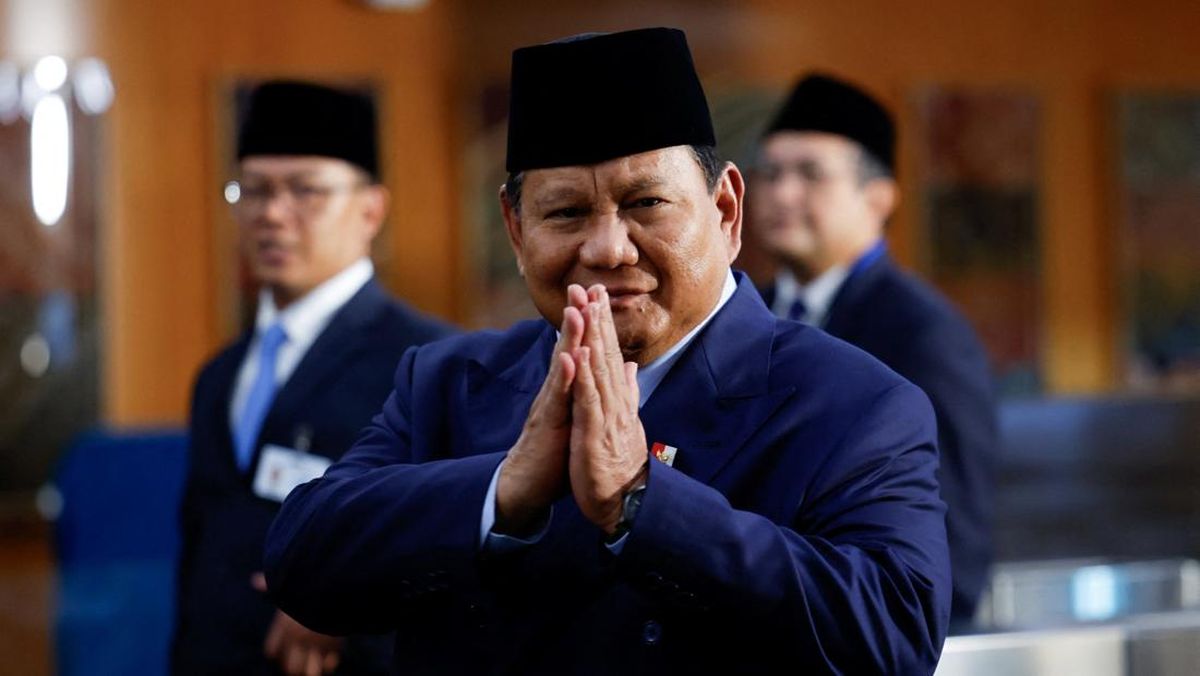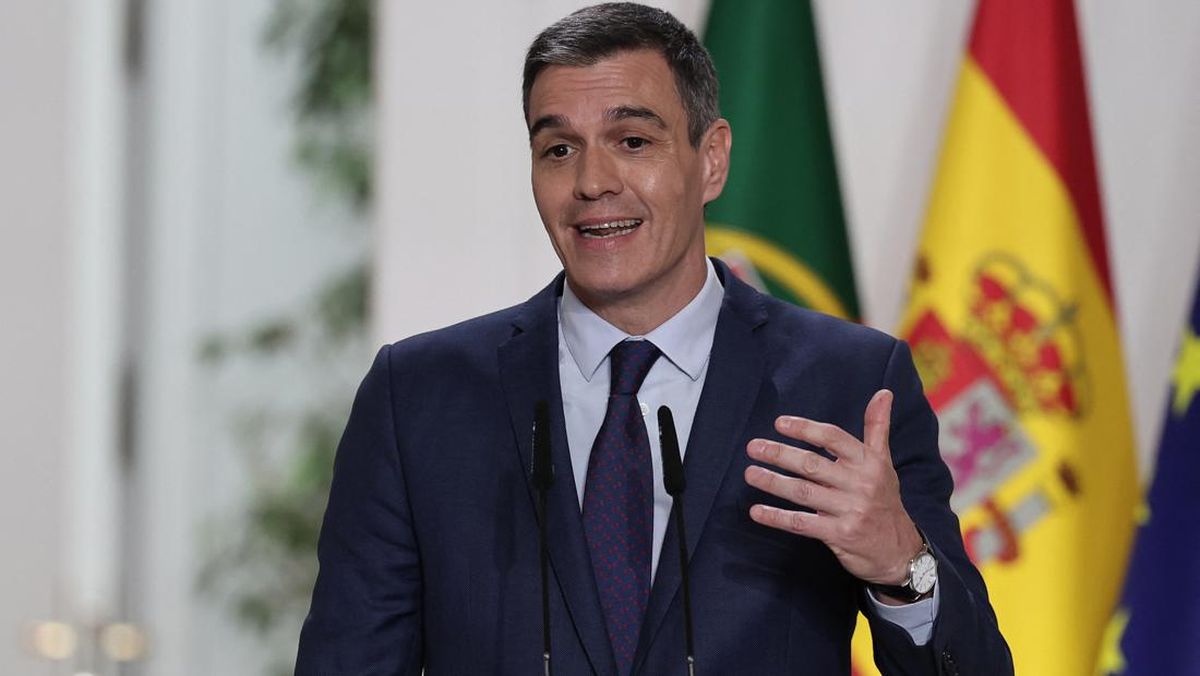Trump cancels meeting with Schumer, Jeffries

The White House's Office of Management and Budget (OMB) sent a memo to federal agencies Wednesday night telling them to prepare layoff plans if there is a government shutdown, increasing the stakes ahead of Congress' Tuesday deadline to pass a government funding bill.
The news was first reported by Politico.
The memo, obtained by CBS News, tells agencies to consider reduction-in-force notices — a federal term for layoffs — for employees in programs, projects or activities that have discretionary funding that stops on Oct. 1 or that don't have any alternative sources of funding. It also goes further and says that employees should get RIF notices if they're in programs or projects "not consistent with the President's priorities."
The RIF notices would be in addition to any furlough notices directing federal workers to stay home from work without pay if there is a shutdown, the memo states.
"Programs that did not benefit from an infusion of mandatory appropriations will bear the brunt of a shutdown, and we must continue our planning efforts in the event Democrats decide to shut down the government," the memo states.
An OMB official said that several programs will continue regardless of a shutdown, including Social Security, Medicare, veterans' benefits, military operations, law enforcement, Immigration and Customs Enforcement, Customs and Border Protection and air traffic control. These are statutory federal programs and would not be impacted by any potential reductions-in-force.
"We remain hopeful that Democrats in Congress will not trigger a shutdown and the steps outlined above will not be necessary. The President supports enactment of a clean CR to ensure no discretionary spending lapse after September 30, 2025, and OMB hopes the Democrats will agree," the memo ends with.
During the last few major government shutdowns, the executive branch has temporarily furloughed staff who are deemed non-essential and asked people in critical jobs to keep working without pay. After the shutdown ends, federal workers are normally paid back for their missed paychecks. It's far less common for the government to consider permanent layoffs.
Bobby Kogan, a former OMB official during the Biden administration, said the mass firings would be "an action of enormous self-harm inflicted on the nation, needlessly ridding the country of talent and expertise."
"It's also extortive. 'Give us what we want in a funding fight, or we'll hurt the country,'" Kogan said in a statement.
Senate Minority Leader Chuck Schumer, a New York Democrat, called the memo "an attempt at intimidation."
"Donald Trump has been firing federal workers since day one—not to govern, but to scare. This is nothing new and has nothing to do with funding the government," he wrote, predicting that any laid-off workers will be hired back.
House Minority Leader Hakeem Jeffries, also a New York Democrat, wrote on X: "We will not be intimidated by your threat to engage in mass firings. Get lost."
The current fiscal year ends on Tuesday, Sept. 30, meaning the government will enter a shutdown Wednesday if Congress doesn't pass a new funding package.
A Republican short-term funding bill that passed the House has failed to reach the 60 votes needed to advance in the Senate. With a 53-seat Senate majority, Republicans need to earn the support of at least seven Democrats to resolve the funding dispute. Meanwhile, Democrats are asking for several concessions, including a rollback of this year's Medicaid cuts and an extension to health insurance tax credits, in exchange for their votes.
On Tuesday, President Trump canceled a meeting with Democratic congressional leaders to negotiate on a short-term funding patch, saying that their demands were "unserious and ridiculous."
"I have decided that no meeting with their Congressional Leaders could possibly be productive," he wrote on Truth Social.
Aaron Navarro is a CBS News digital reporter covering the 2024 elections. He was previously an associate producer for the CBS News political unit in the 2021 and 2022 election cycles.


















































